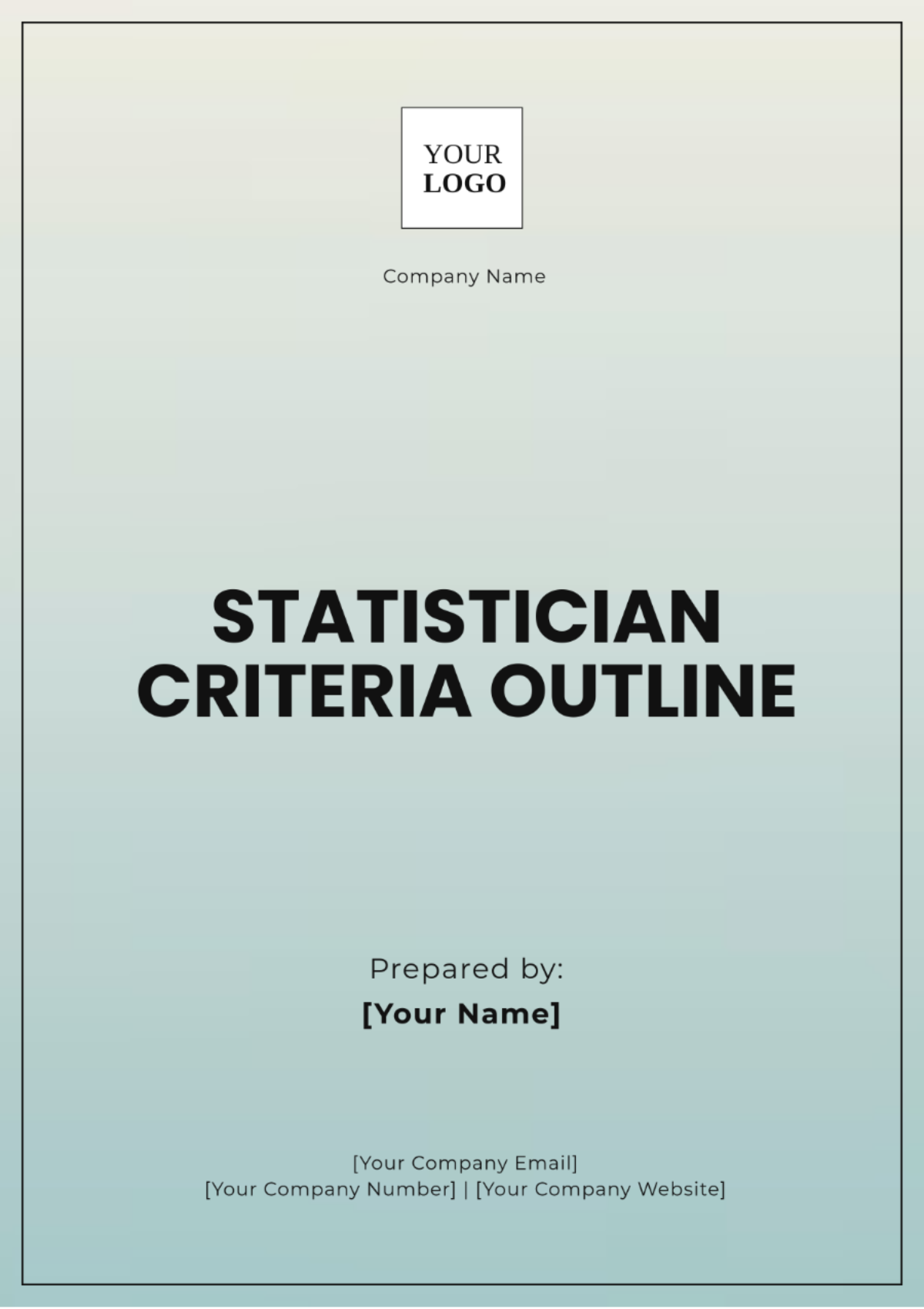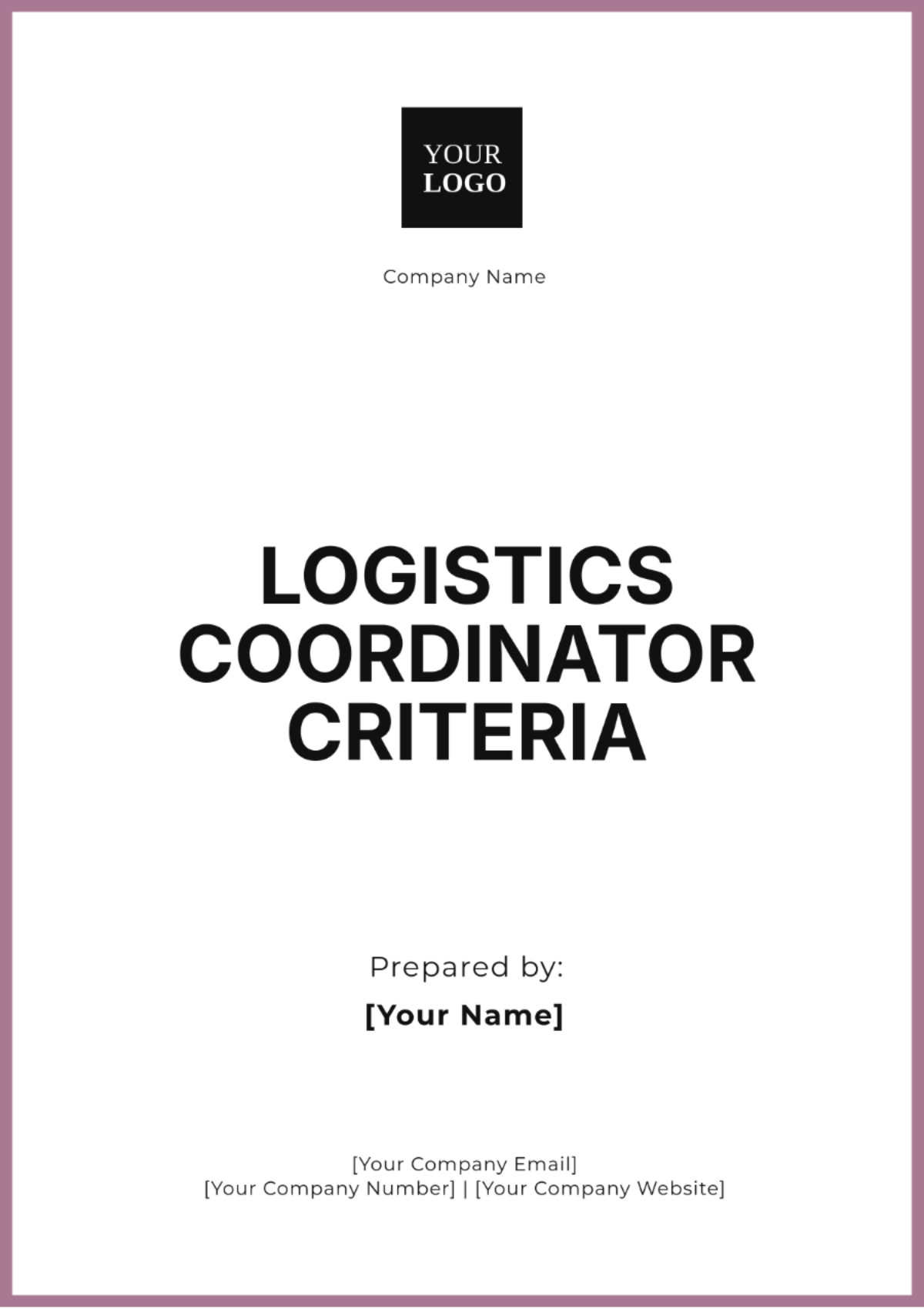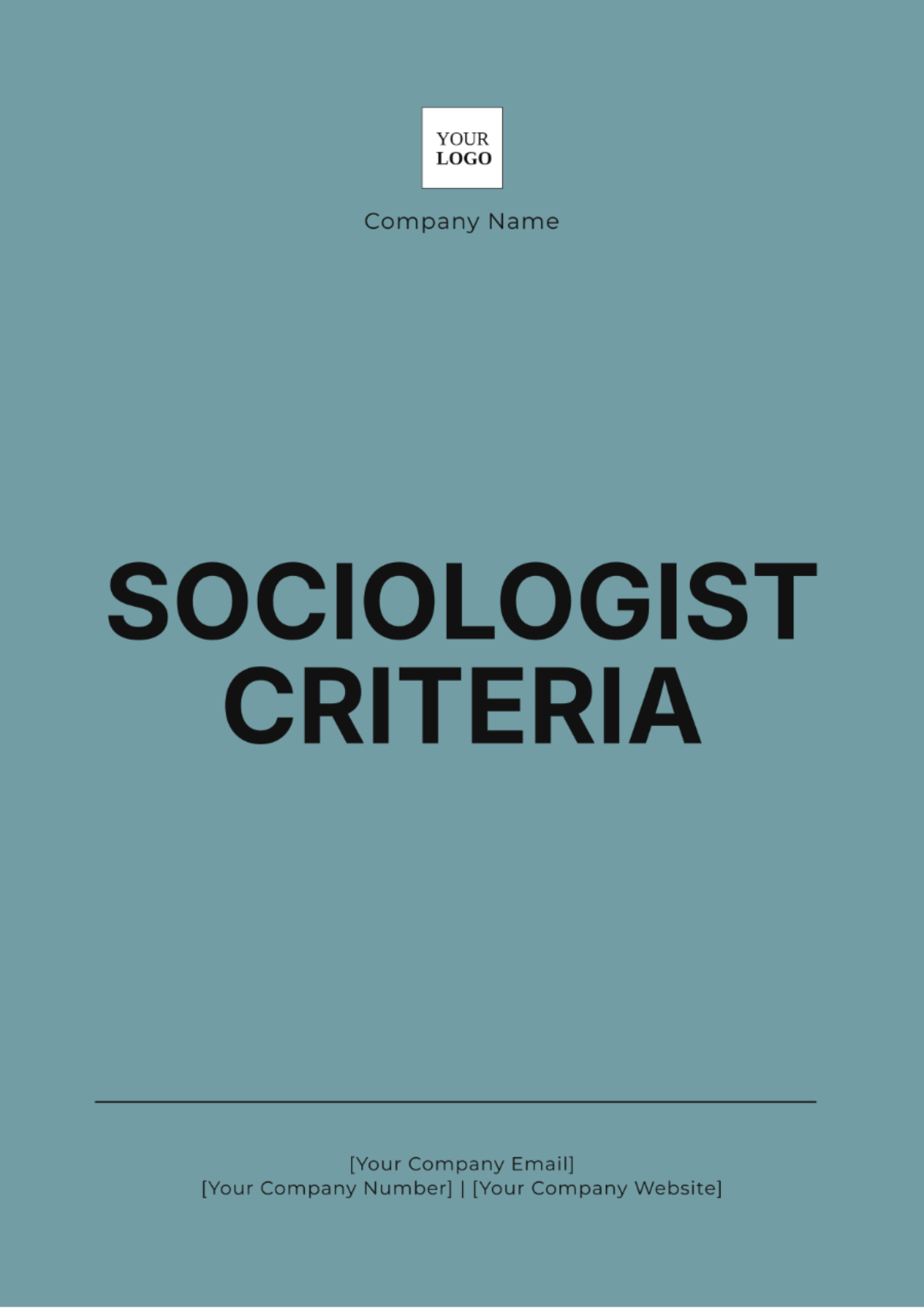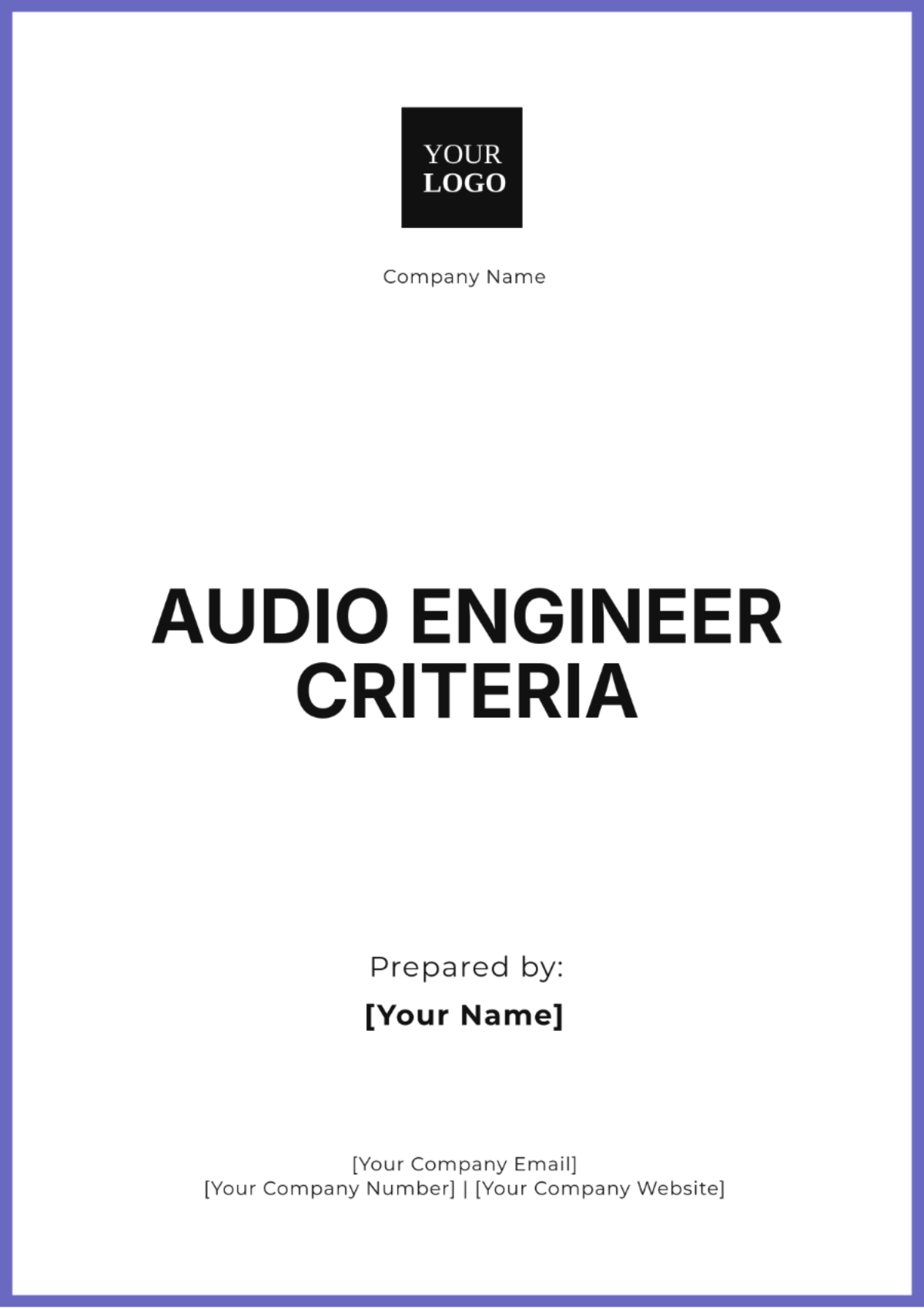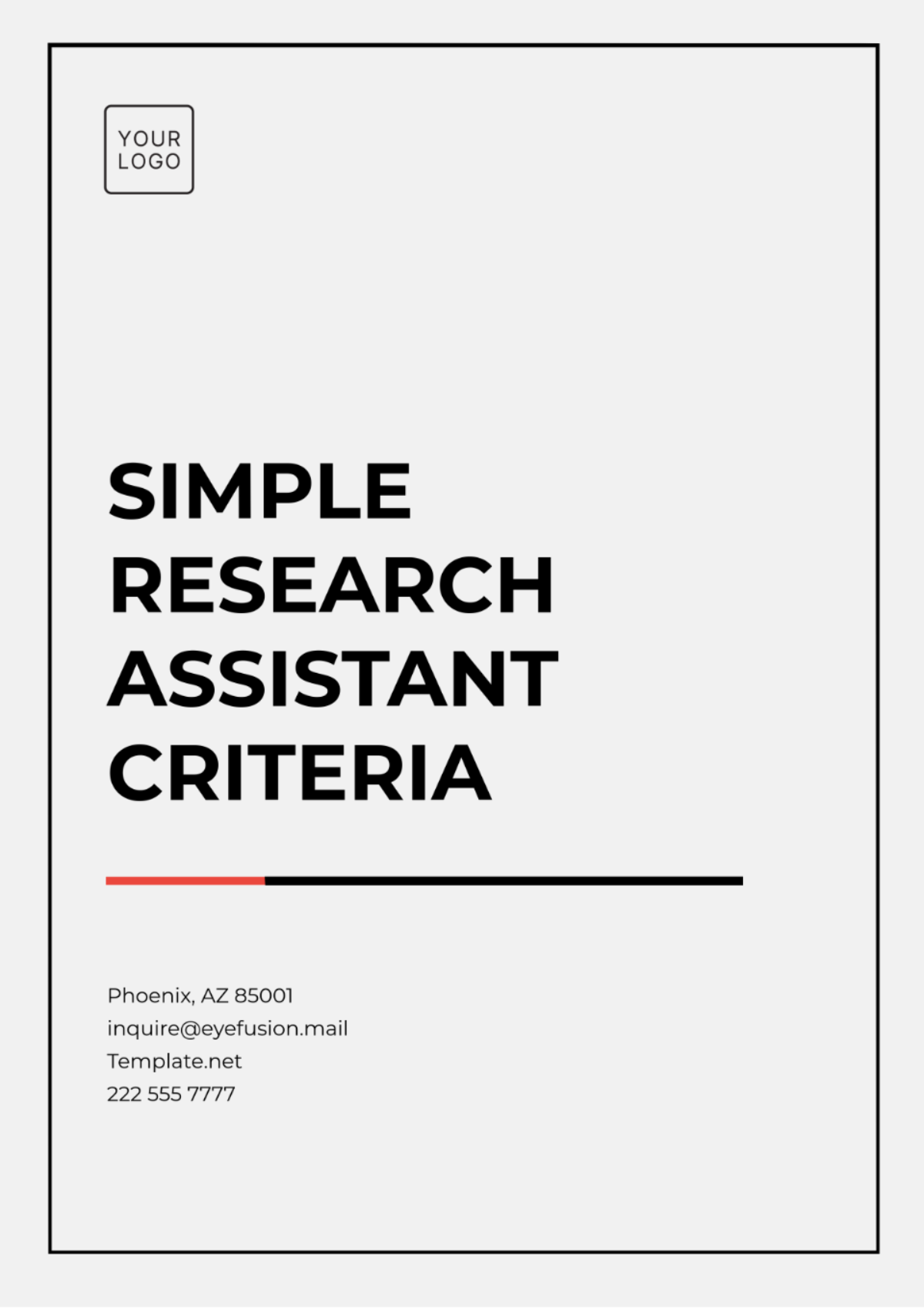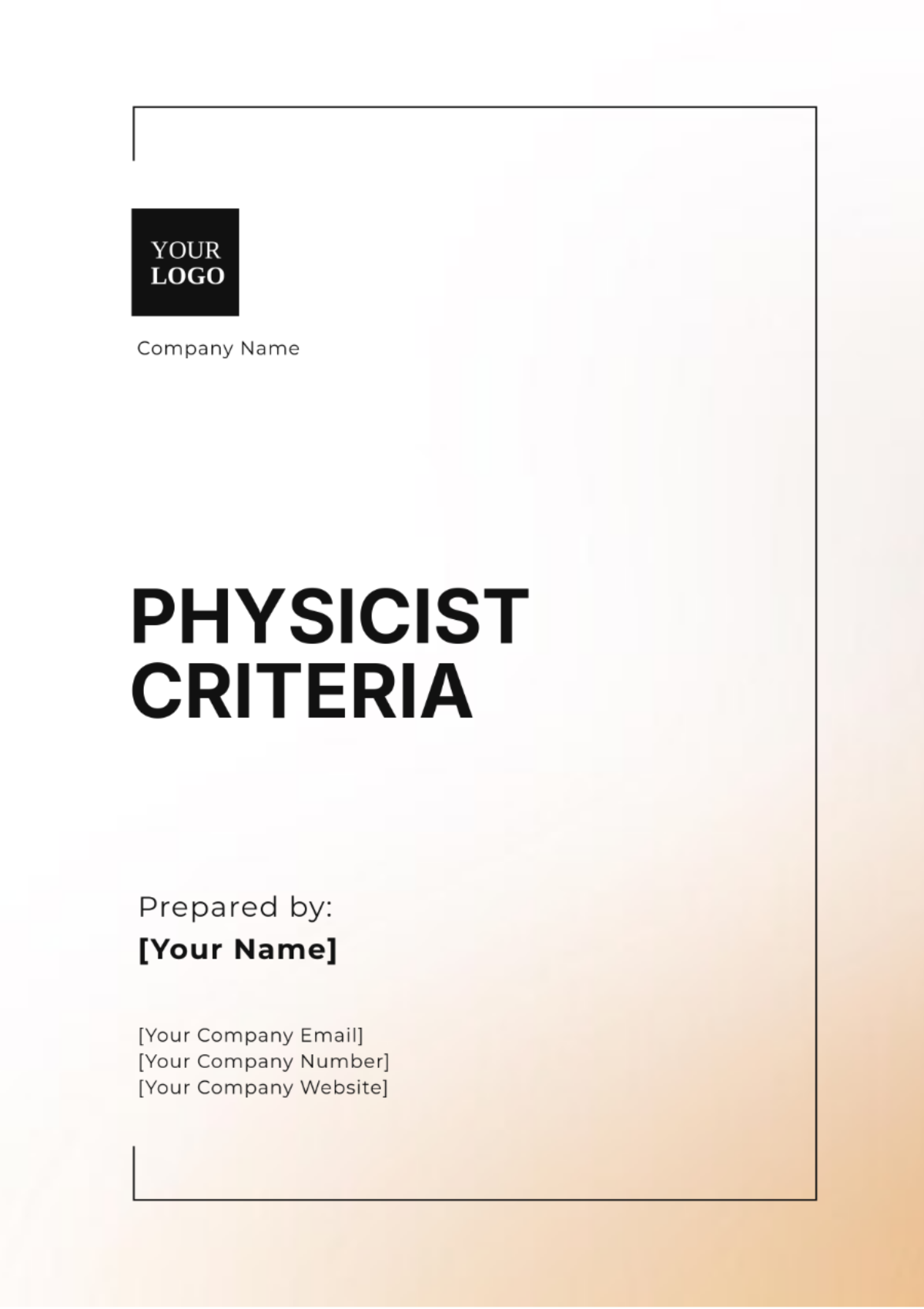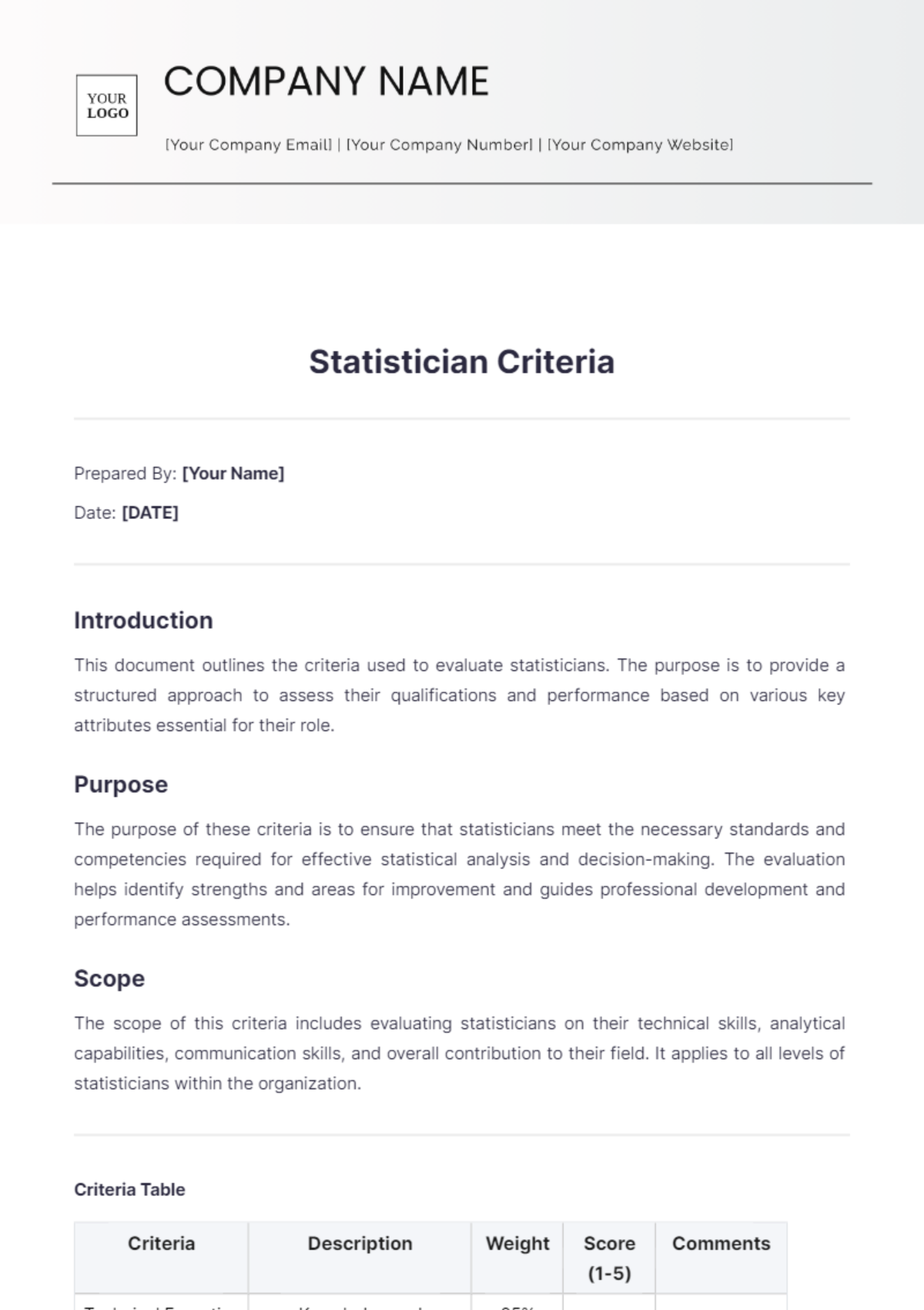Software Engineer Criteria
Prepared By: [YOUR NAME]
Date: November 27, 2050
Introduction
The evaluation of a Software Engineer involves assessing various criteria to determine their performance, skills, and overall effectiveness. This assessment helps in identifying strengths, areas for improvement, and alignment with job expectations.
Purpose
The purpose of this evaluation is to provide a comprehensive analysis of a Software Engineer’s abilities and contributions. It aims to ensure that the individual meets the required standards and to guide professional development and career progression.
Scope
This evaluation covers key performance areas relevant to a Software Engineer’s role. It includes technical skills, problem-solving abilities, teamwork, communication, and other essential attributes. The criteria are designed to offer a balanced assessment of both technical and soft skills.
Criteria Table
Criteria | Description | Weight | Score (1-5) | Comments |
|---|---|---|---|---|
Technical Skills | Proficiency in programming languages, tools, and frameworks. | 30% | ||
Problem-Solving | Ability to analyze problems and develop effective solutions. | 25% | ||
Code Quality | Adherence to best practices, code readability, and maintainability. | 20% | ||
Team Collaboration | Effectiveness in working within a team and contributing to projects. | 10% | ||
Communication | Clarity and effectiveness in verbal and written communication. | 10% | ||
Initiative | Proactiveness in taking on responsibilities and suggesting improvements. | 5% |
Scoring System
Score | Description |
|---|---|
1 | Poor - Does not meet expectations |
2 | Fair - Meets some expectations |
3 | Good - Meets expectations |
4 | Very Good - Exceeds expectations |
5 | Excellent - Far exceeds expectations |
Guidelines for Evaluation
Be Objective: Base evaluations on clear, consistent criteria.
Offer Constructive Feedback: Provide actionable insights for improvement.
Assess Overall Impact: Evaluate technical skills and team/project contributions.


